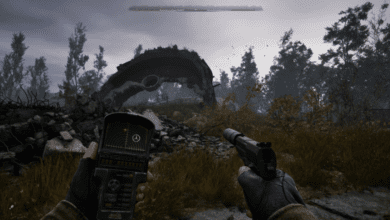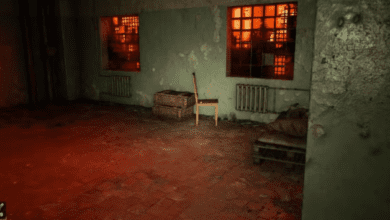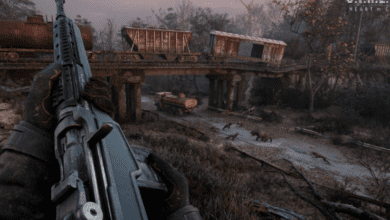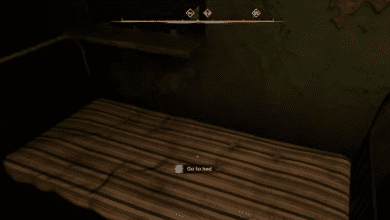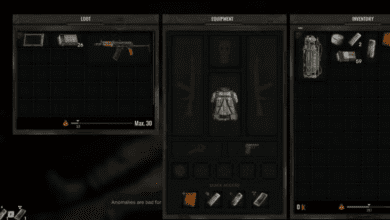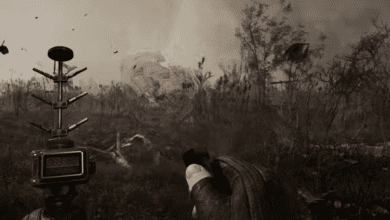Behind the Drama: Wesley Snipes and the Blade: Trinity Set Controversy
When it comes to on-set conflicts, Hollywood has no shortage of legendary tales. Think of Val Kilmer and Marlon Brando’s notorious clashes on The Island of Doctor Moreau, or George Clooney’s well-documented feud with David O. Russell during the filming of Three Kings. In a similar vein, the set of Blade: Trinity is shrouded in rumors surrounding Wesley Snipes’ behavior. But how much of it is true? The truth, as it turns out, may be more nuanced than most think.

The Infamous CGI Eyes: Did Wesley Snipes Refuse to Open His?
One of the most bizarre stories to come from the set of Blade: Trinity revolves around a moment where Snipes allegedly refused to open his eyes during a key scene, forcing the production team to use CGI to animate his eyelids. This occurred in an alternate ending where Blade, lying on an autopsy table, suddenly wakes up. Director David Goyer confirmed this incident on the film’s DVD commentary, stating, “Now, the other thing that happened in this scene is that we needed Blade to open his eyes, and on the day Wesley did not open his eyes.” The result? CGI magic was applied to make it seem like Blade was wide awake, even though Snipes had apparently chosen to keep his lids shut.
Seems pretty cut-and-dry, right? A case of an actor digging his heels in, leading to a post-production headache. But when you look deeper into the situation, things get more complicated.
Behind the CGI: Was Snipes Even There?
In a twist to the already odd story, Blade: Trinity’s visual effects supervisor, Joe Bauer, suggested in an interview with The Huffington Post that it might not have even been Snipes on the table during that infamous shot. “I don’t even recall whether Wesley was still on the show at that point,” Bauer said, hinting that Snipes’ stunt double could have been filling in for him during reshoots. Given the rocky professional relationship between Snipes and Goyer, it’s not a stretch to imagine that Snipes opted out of participating in the scene altogether.
So, was it really Snipes refusing to open his eyes, or simply a case of a stand-in being used for the reshoot? Either way, this small moment has fueled one of the most talked-about rumors in superhero movie history.
A Troubled Set: Wesley Snipes’ Feud with Director David Goyer
The CGI eyes are just the tip of the iceberg when it comes to Snipes’ issues on the Blade: Trinity set. According to co-star Patton Oswalt, things between Snipes and Goyer became so strained that the two barely spoke by the end of the shoot. Instead, Snipes allegedly communicated with Goyer through Post-It notes, each one signed “From Blade.” Oswalt also claimed that Snipes remained in character throughout the entire production, further complicating interactions with the cast and crew.
Things reportedly reached a boiling point when Snipes confronted Goyer on-set. As the story goes, Snipes noticed that an extra, who was one of the few Black actors on set, was wearing a shirt that read “garbage.” Snipes was allegedly furious, confronting Goyer and accusing him of racial insensitivity. “There’s only one other Black guy in the movie, and you make him wear a shirt that says ‘Garbage’? You racist motherf*!” Oswalt recalled Snipes saying.
However, Snipes has vehemently denied any physical altercation with Goyer. In a 2020 interview with The Guardian, he pushed back against the rumors, stating, “Let me tell you one thing. If I had tried to strangle David Goyer, you probably wouldn’t be talking to me now. A Black guy with muscles strangling the director of a movie is going to jail, I guarantee you.”
Method Acting or Misbehavior?
Wesley Snipes is known for his intense dedication to his roles, but on Blade: Trinity, some saw his commitment as going too far. Staying in character as Blade for the entire shoot, Snipes reportedly distanced himself from the rest of the cast and crew, which included stars like Ryan Reynolds and Jessica Biel. His interactions were limited, and his mood on set was often described as confrontational. But was this just method acting gone wrong, or a sign of deeper frustrations with the production?
Snipes’ approach to the role of Blade had always been intense. He helped shape the character’s image as a stoic, no-nonsense vampire hunter, a portrayal that resonated with audiences and made the first two Blade films cult hits. However, by the time Blade: Trinity rolled around, behind-the-scenes tensions—particularly between Snipes and Goyer—were too much to ignore.
Legal Battles and Allegations of Racism
In 2005, not long after the release of Blade: Trinity, Snipes filed a lawsuit against New Line Cinema and David Goyer for $5 million. He claimed he was owed back salary and had been wrongfully sidelined during production. The lawsuit also alleged that the studio and director engaged in racially biased casting and hiring practices.
The lawsuit was settled confidentially, but it marked a sour end to Snipes’ involvement with the Blade franchise. Despite the personal and professional strife, Blade: Trinity performed relatively well at the box office, grossing over $130 million on a $65 million budget. However, the film was largely panned by critics, who criticized its plot, pacing, and reliance on CGI.
The Legacy of Blade: Trinity
While Blade: Trinity may not be remembered as a critical darling, its place in superhero cinema history is significant. The Blade trilogy helped pave the way for the modern wave of superhero films, showing that Marvel properties could succeed on the big screen. Snipes’ portrayal of Blade was iconic, and for many fans, he will always be the definitive version of the character.
Despite the tumultuous production, the Blade series has continued to influence the genre. With Marvel Studios set to reboot the character, this time played by two-time Oscar winner Mahershala Ali, fans are eager to see how the new Blade will carry on the legacy that Snipes helped create.
Wesley Snipes: Moving Forward
While Blade: Trinity marked a difficult chapter in Wesley Snipes’ career, it didn’t define him. He went on to star in a variety of roles, showcasing his versatility as an actor. And while his professional relationship with Marvel may have been strained at the time, any bad blood seems to have been left in the past. Snipes has expressed support for the new Blade project, and fans continue to celebrate his contributions to the superhero genre.
In the end, the drama surrounding Blade: Trinity is a reminder of the pressures and challenges that come with big-budget filmmaking. But despite the on-set conflicts and rumors, one thing is clear: Wesley Snipes’ portrayal of Blade remains a cornerstone of superhero cinema, and his legacy as the original Daywalker endures.
